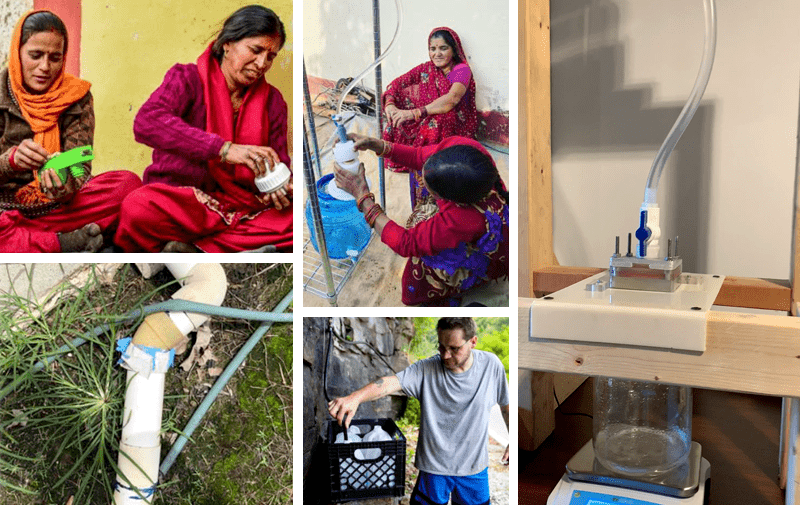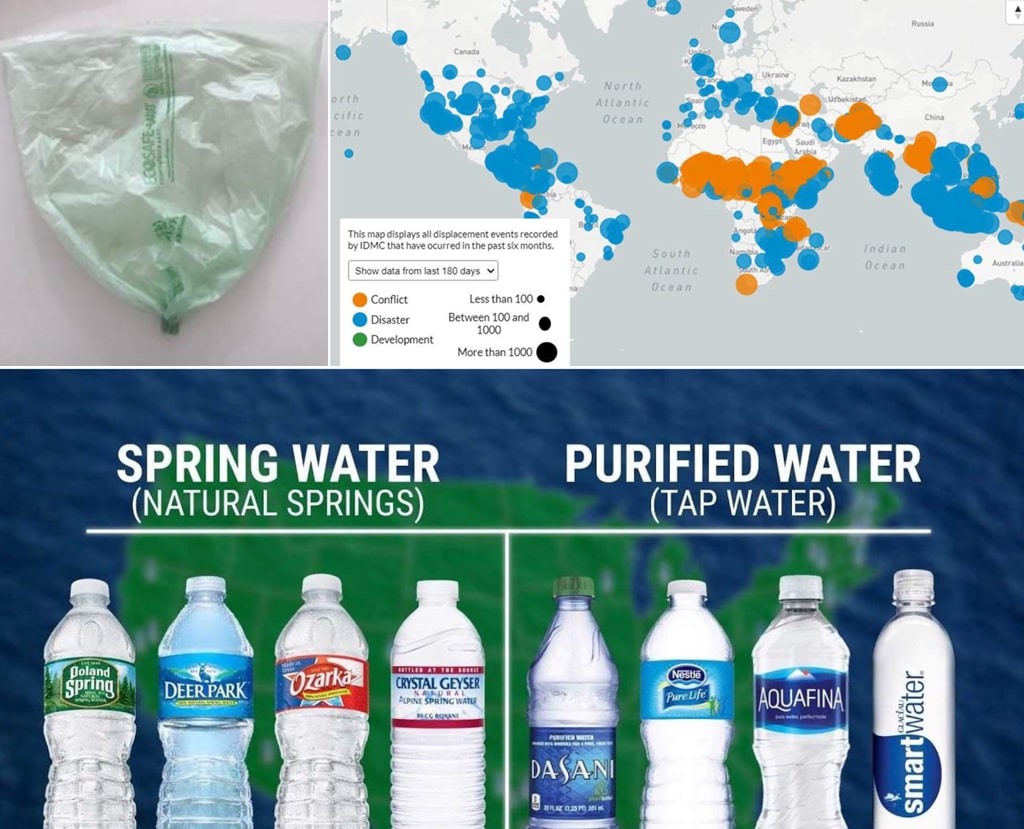Key Features
Xylem-based filtration towards reducing the barriers of access, affordability, and social acceptance to serve as an attractive HWT option for low-income communities that are at the highest risk of water-borne diseases, field tested in India, USA, Uganda, Madagascar.
A sustainable and scalable future for water filtration
Detoxyfi: providing everyone with access to clean drinking water by commercializing low-cost, natural, comprehensive water filtration devices.
- One-of-a-kind water filter made up of waste wood.
- Dry-preservable, bio-degradable, light-weight filter.
- Capable of filtering metals, chemicals, plastics, bacteria, virus, and protozoa.
- Microbiological performance as per WHO standards.
- Zero energy requirement.
Detoxyfi, a next-generation drinking water technology, converts waste wood into drinking water pitchers and filters. These sustainable, patent-pending water pitchers for individuals and households can for the first time ever efficiently filter without using electricity and has the potential to substantially improve the lives of the ~3 Billion people suffering from water contamination and poor water quality across the world by 2030.
NO to Unsustainable and Ineffective Water Filtration: the Impact
conversion of waste wood no longer needed by industry into sustainable water filters capable of filtering, for the first time ever, metals, chemicals, plastics, PFAS, pesticides, bacteria, virus, and protozoa without the use of electricity.
- WHO quality filtration: superior performance.
- Eco-friendly: zero waste; fully circular economy.
- Zero economic burden: simple to make, cost-effective.




YES from future Customers
Quotes compiled by Megha Hegde during actual field study in India.
Team
A team with a moto "Taken together the habits, the attitudes and the creativity of every one of us have the potential to make a great difference...for the larger world and it's future well being.

Rishon Benjamin
Harvard Business School '22 MIT '17 Drexel '15 (Engineering)
Dhananjay Goel
Harvard Kennedy School '23 Wharton '22 IIT Delhi '17 (Engineering)
Dr. Rohit Karnik
Tata Professor, MechE, MIT UC Berkeley '06'IIT Bombay ’02 (Engineering)





